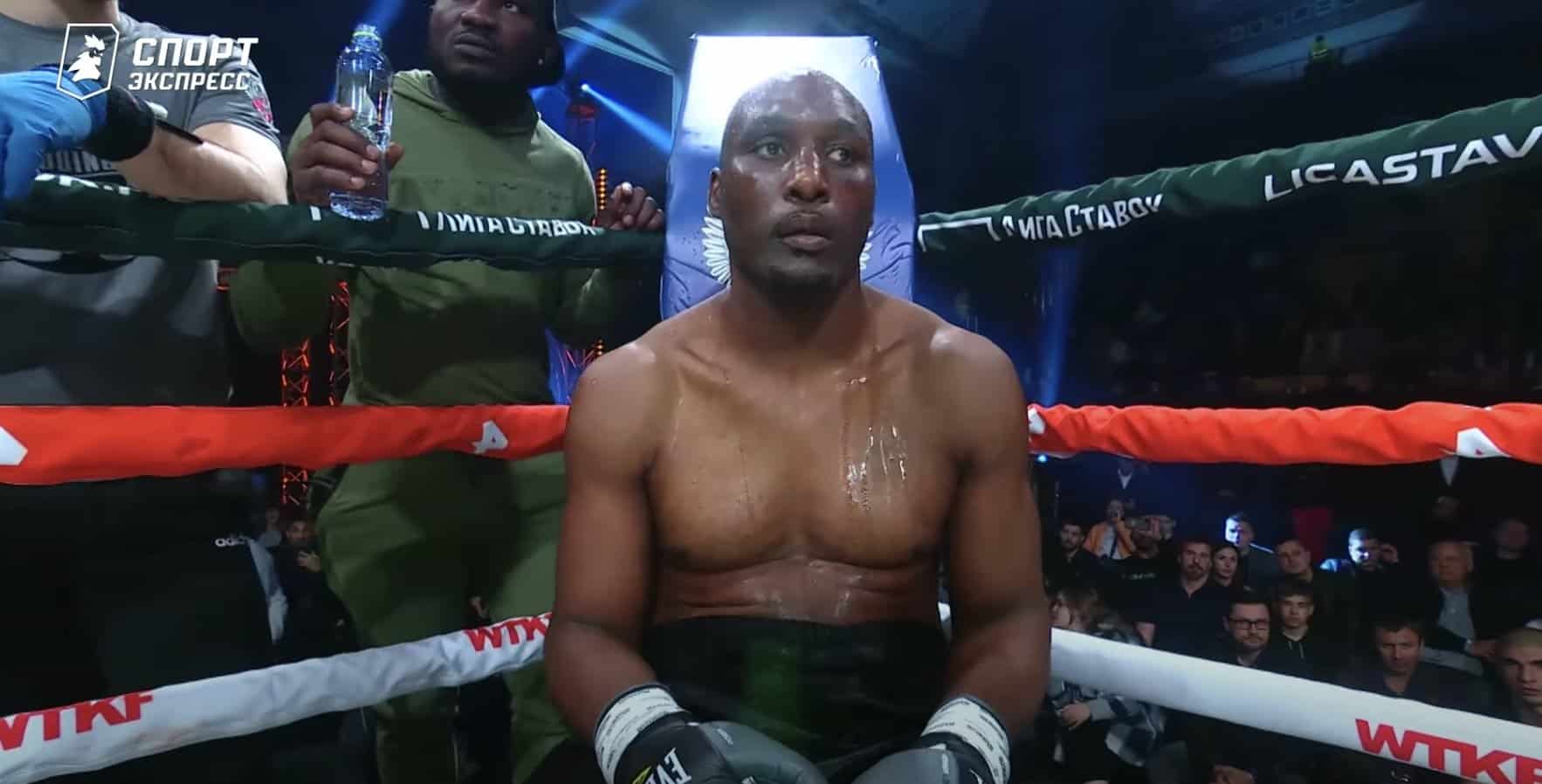
When a College Football Playoff working group submitted options for an expanded playoff field 20 months ago, the main surprise was that the CFP was that far down the road considering expansion whatsoever. The contract for a four-team bracket had five years left to run. That was locked in.
The second biggest shock? The working group had considered as many as 16 teams. Now, two years from the debut of the 12-team playoff and in the wake of the best set of CFP semifinals to date, there are those who have seen enough.
If 12 is good, 16 is a whole heck of a lot better.
“I have [thought a 16-team playoff is superior],” TCU coach Sonny Dykes said. “I’ve thought that way for a long time.”
The structure exists to add four more teams to the expanded playoff field. It has been discussed, even modeled. It was one of the 63 options presented by that working group to the CFP Management Committee. As recently as July, Ohio State athletic director Gene Smith was quoted by ESPN as saying, “Sixteen just seems to be out there. You can’t ignore it.”
“I think [16 teams is] the most natural,” said Craig Thompson, outgoing Mountain West commissioner and a member of the four-person working group that created the 12-team bracket. “I’m not advocating for it, but … I can’t imagine a scenario that it’s at least not discussed [before 2026].”
Thompson is not alone.
“I think 16 is the number,” MAC commissioner Jon Steinbrecher said. “Four was better than two. Twelve is better than four. Sixteen is the number in my mind.”
“That’s where everyone sees the evolution going,” American commissioner Mike Aresco said. “I can see that happening down the road.”
You might notice all three commissioners have one thing in common: Their Group of Five conferences would benefit greatly from even more access. But that’s why the bracket was expanded in the first place.
“My view is we needed to bring people into the national championship,” said SEC commissioner Greg Sankey, who did not speak specifically on a 16-team bracket. “I don’t think it’s healthy for college football and college football globally that a West Coast team has not been in the playoff since 2016. … It’s a national game.”
In the forthcoming 12-team bracket, the six highest-ranked conference champions will be guaranteed bids (the top four receiving first-round byes) with six at-large teams filling the rest of the field. This season, that would have meant Tulane (which upset USC in the Cotton Bowl) as the No. 12 seed. Utah, as Pac-12 champion, would have gotten a first-round bye as the No. 4 seed.
Now project the field out to 16 teams. Not only would Tulane make it, but so would Oregon (9-3), Oregon State (9-3), Florida State (9-3) and Washington (10-2). The Pac-12 hasn’t put a team in the CFP over the last six seasons. In the 12-team bracket, it would get one team placed. In a 16-team bracket — again, based on this year’s CFP Rankings — the Pac-12 would have four teams competing for the national title.
In a 16-team bracket, its a fair assumption those first-round byes would disappear with eight games played the first week of CFP competition. The biggest question then would be when to play those games — over two days, three? One powerful industry expert wondered: How do you create eight unique TV windows without stepping on the NFL or creating another programming conflict?
After that, the bracket would fall the same as the 12-team field. There would be eight teams remaining for the quarterfinals with the semifinals and CFP National Championship to follow.
That expert has thought deeply about the concept. He concluded there is a “good chance” of eventual expansion to 16 teams if the initiative is truly about access. The NCAA Transformation Committee this week recommended looking at expanding postseasons for all sports so 25{b037f4174007d005f1ab9cb8d1aafc050eb5d7e8c07298e478acc145e540df6a} of teams can compete for a national championship.
Football’s postseason operates outside the NCAA. The expanded CFP will give 9.2{b037f4174007d005f1ab9cb8d1aafc050eb5d7e8c07298e478acc145e540df6a} of the 131 FBS teams a chance to compete for the title. Expansion to 16 would put 12.2{b037f4174007d005f1ab9cb8d1aafc050eb5d7e8c07298e478acc145e540df6a} of teams in the field. Compare to the NCAA Tournament where 19{b037f4174007d005f1ab9cb8d1aafc050eb5d7e8c07298e478acc145e540df6a} (68 of 351) participate. At least the sports would be getting closer to one another in terms of postseason opportunities.
CFP executive director Bill Hancock told CBS Sports the CFP presidents are “set in stone” with the 12-team bracket.
However, the structure of the expanded bracket is only guaranteed in 2024 and 2025.
CFP media rights will go out to bid ahead of the 2026 season, most likely with multiple rightsholders acquiring shares of the playoff. If the 12-team bracket is successful in its first two years, wouldn’t those rightsholders clamor for even more content?
“The structure is set by us,” Hancock said.
The highest-scoring semifinals of the CFP era (179 combined points) added some spice to what had become a mundane process. Going into the 2022 games, the average CFP semifinal had been decided by more than three touchdowns. No. 1 Georgia (over No. 4 Ohio State) and No. 3 TCU (over No. 2 Michigan) won their games by a combined seven points.
Ratings were up. Interest was raised. Will the games be just as exciting in 2023, the final season with four teams, or revert back to their margins over the first eight years of the CFP? Will that excitement translate when the field expands to 12 … or even 16?
“I think 12 is going to be great,” Dykes said. “… I’ve always believed that the cream rises, and the more opportunities that schools outside of the traditional brands get, the more those schools can become traditional brands.”
Any further expansion would also have to take into account player safety. The CFP Management Committee has already sold the presidents on a 12-team bracket, meaning in any given year, at least one team could play 17 games. That’s the equivalent of an NFL regular season. The sport continues to study limiting “exposures” (number of snaps players take) by allowing the clock to run on incomplete passes and rushes out of bounds.
In a 16-team bracket, the two finalists would be assured of playing 17 games. This past week, it surely looked like the semifinalists were tired, especially on defense. Imagine having to play two more games just to play for the national title.
Michigan ran 75 plays, the most of this season’s four playoff participants, and lost. TCU ran only 70 plays and not only won but seemed to have the Wolverines’ tongues dragging.
“Especially in the third quarter,” Johnson said. “We started running more of a tempo offense and hurry up. And it was taking them a minute to get set. A lot of them were tired and worn out early.”
That worked for Saturday, but Alabama ran 85 plays against Georgia last year and lost the CFP National Championship. The year before, the Crimson Tide ran 83 plays in a rout of the Buckeyes.
“I certainly think it’s hard to play quality defense anymore,” Georgia coach Kirby Smart added, “… And it seems that tackling becomes worse as the season goes on.”
Perhaps a saving grace could be time off between games. The CFP modeled a 12-day break following conference championship weekend for first-round playoff games. Using last month’s calendar, the playoff would have begun around Dec. 15. There would then be a 15–17 day break before the quarterfinals begin around New Year’s Day.
“The space between the last game being the conference championships and the [quarterfinals] probably bothers me more than anything else because I think you lose rhythm there,” Smart said.
Dykes is well read in this space. He was once sucked into the Mike Leach 64-team vortex. Leach has long advocated a football bracket as large as the NCAA Tournament. Dykes estimates he spent six hours once in the middle of the night discussing the subject with The Pirate.
“I just kept coming back to him, saying, ‘Mike, we can’t play two games a week,'” Dykes recalled.






